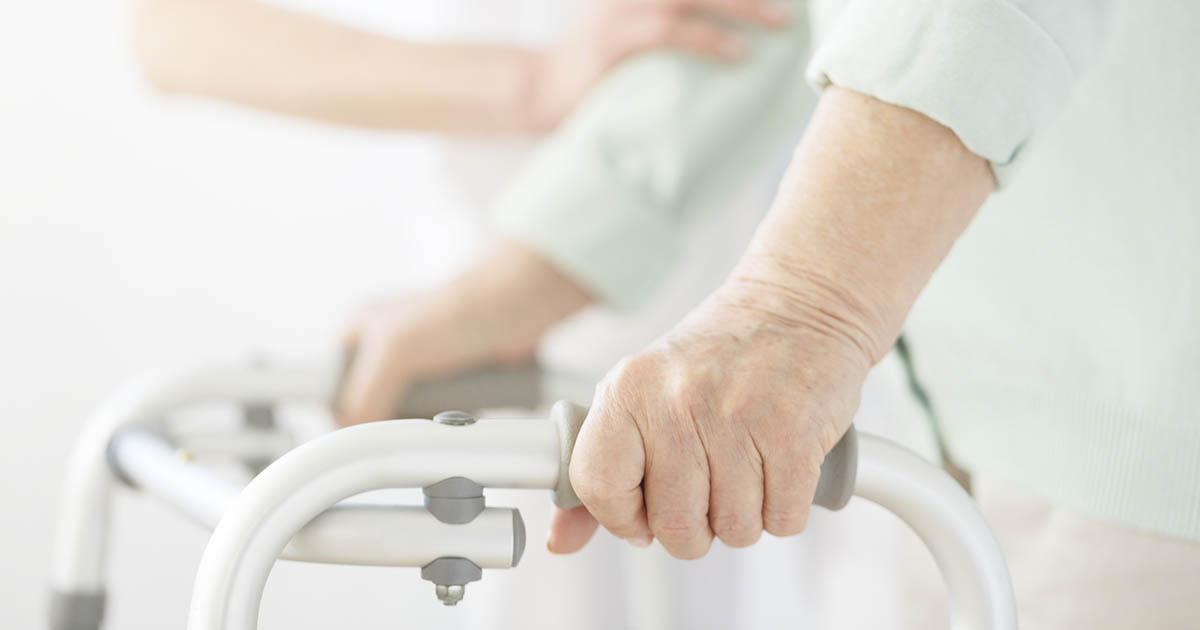Symptoms Of Osteitis Fibrosa Cystica
Osteitis fibrosa cystica is not so much a disease in its own right but a complication of hyperparathyroidism. This condition results when the parathyroid glands, which are tiny glands found in the thyroid gland, make too much parathyroid hormone (PTH). This hormone is necessary for strong bones, but excess levels lead to weak and deformed bones. Osteitis fibrosa cystica is rare and strikes less than five percent of hyperparathyroidism patients. The two types of hyperparathyroidism that can lead to osteitis fibrosa cystica are primary, where the problem originates in the parathyroid glands themselves, or secondary. In secondary hyperparathyroidism, another disorder lowers the patient’s calcium, putting stress on the parathyroid glands as they try to compensate. Get to know the most common symptoms of osteitis fibrosa cystica now.
Nausea

Nausea often occurs before the individual ends up vomiting, particularly in the case of osteitis fibrosa cystica. It is the feeling, familiar to nearly everyone, of being 'sick to the stomach.' The sensation is associated with seasickness, and the name itself means 'of the sea.' When an individual is nauseated, their stomach contracts gently, but in a way that is the opposite of how the stomach usually contracts. If the contractions grow strong enough, the patient vomits. Scientists believe the sensation is ultimately produced in a part of the brain called the medulla, which may get its signals from the gastrointestinal tract, certain medication, the higher centers of the brain or other parts of the body.
Continue reading to learn about the details of the next symptom of osteitis fibrosa cystica to watch out for.
Weakness

Weakness is the inability of the individual to do the physical tasks they used to do before. It can affect one part of the body or be systemic. The patient may begin a task such as exercising with normal strength, but then be unable to complete it because they lose so much energy. Sometimes, the muscle really does lose strength because it has suffered damage or the nerves controlling it no longer work the way they should. In other cases, the patient feels their muscles are weak, even though they are normal when a doctor examines them. The muscles cramp or twitch, and the patient's movements are often slower than normal. They can also suffer from tremors or shaking.
Continue to reveal more symptoms of osteitis fibrosa cystica now.
Frequent Urination

This disorder is defined as having to urinate more often than is normal for the individual. For some patients, frequent urination happens during the day and night, while it only happens at night for others (called nocturia). The amount of urine can vary, and a patient can pass a large volume of urine or not much every time they need to use the bathroom. This can affect a person’s social and work life and disrupt their sleep during the night. A patient should suspect they have frequent urination if they need to use the toilet more than four to eight times in a day.
Keep going to discover more of the symptoms of osteitis fibrosa cystica now.
Constipation

Constipation happens when the patient has fewer bowel movements than usual and moving their bowels is difficult or painful. Being constipated is largely the perception of the individual who has it, as everyone has a different pattern for bowel movements. Individuals should suspect they are constipated when their stool is hard, dry, or comes in lumps; if they have to strain to move their bowels; and if moving their bowels is painful or causes bleeding. Some patients also feel bloated or as if they still have to go after they’ve moved their bowels. Constipation happens because the stool moves so slowly through the large intestine and the body has absorbed much of the water that would have assisted in regular and pain-free bowel movements.
It's time to get familiar with the next symptom of osteitis fibrosa cystica.
Fatigue

Fatigue is when an individual is tired most of the time. They may be mentally fatigued, physically fatigued, or both at the same time, and it is not the same as feeling sleepy or sleep deprived, though they can go hand-in-hand. Fatigue is often paired with weakness and shortness of breath. It often comes on slowly, and the individual is not aware of it until they notice they simply do not have the energy to do things they used to do easily in the past. Patients not only run out of energy to do a task but find they have no motivation to begin the task in the first place. They may also have problems with their ability to concentrate and to remember things.